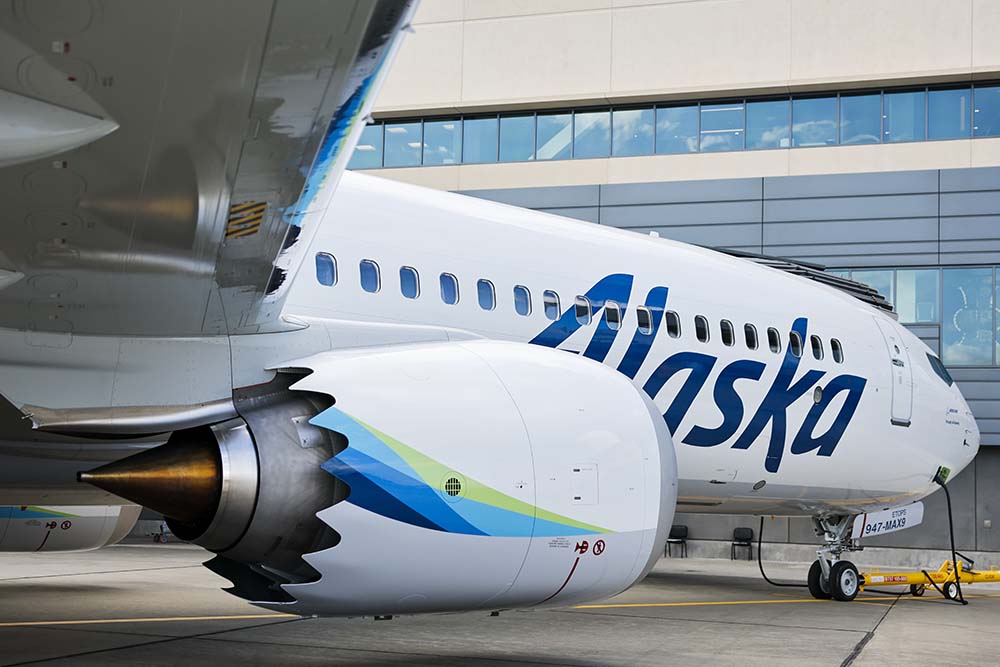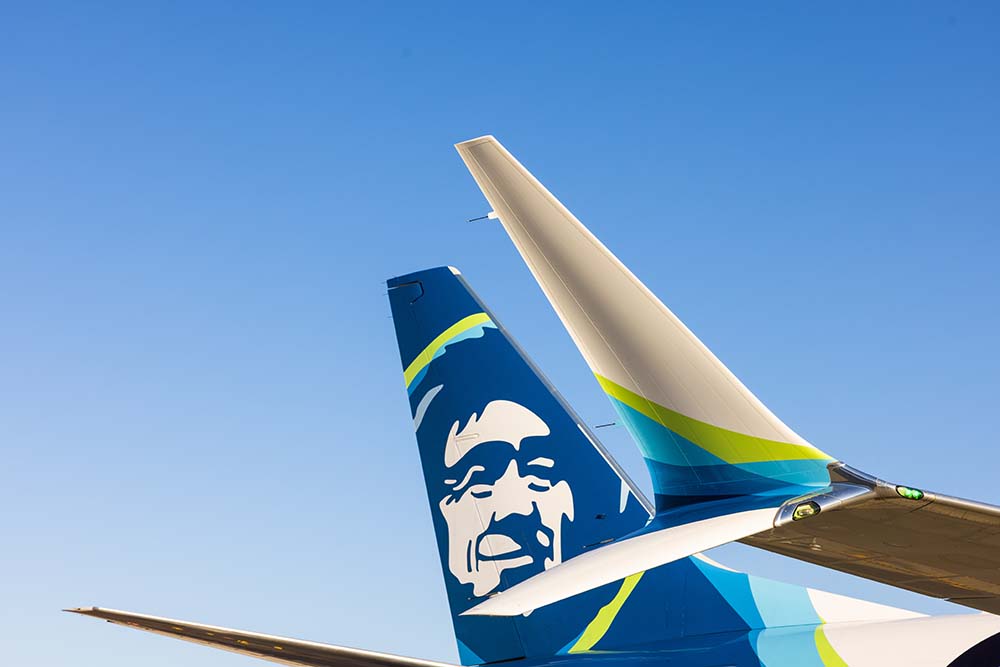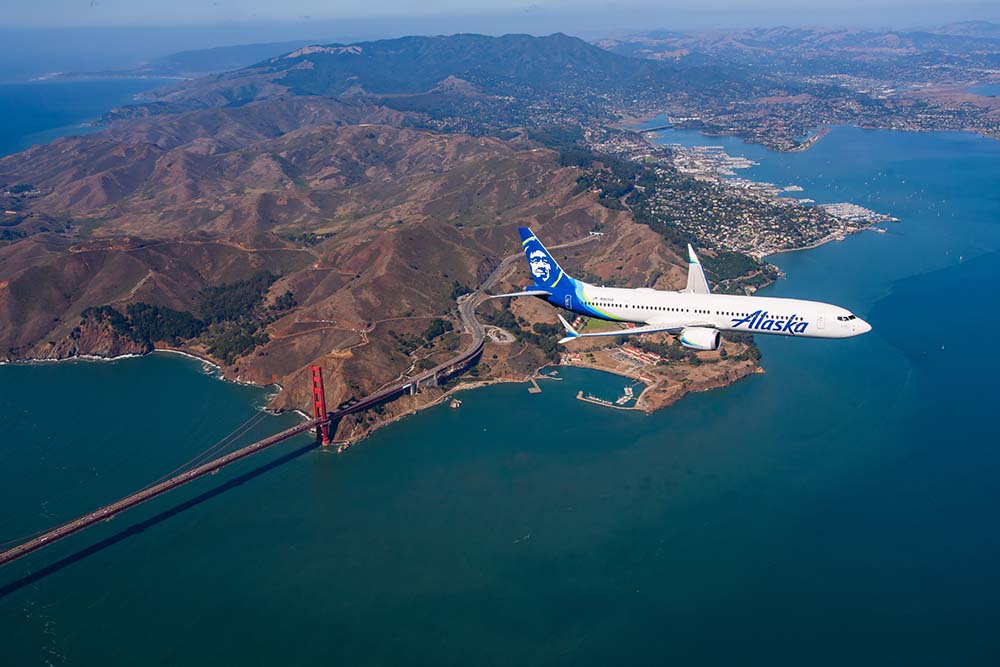Choose a sustainability-aligned way to skip those year-end mileage runs: Alaska Airlines once again enables guests to support Sustainable Aviation Fuel while earning Elite-Qualifying Miles
Share

Summary
Alaska Airlines Mileage Plan members can earn Elite-Qualifying Miles by purchasing sustainable aviation fuel (SAF) credits, providing an eco-conscious alternative to mileage runs through December 31, 2024.
Mileage Plan members can take action on their travel-related emissions and earn up to 5,000 EQMs per year.
Through partnerships with companies like Microsoft, and groundbreaking efforts with E-Jet® fuel, Alaska is advancing SAF development as part of its “EverGreen journey” to decarbonize aviation.
After a successful test year in 2023, Alaska Airlines has brought back the opportunity for loyal guests to earn their elite status by supporting sustainable aviation fuels (SAF). The program provides guests with the ability to take action on their travel-related carbon emissions by purchasing SAF credits while also earning Elite-Qualifying Miles (EQMs).
Software partner Chooose enables this online offering. Through December 31, 2024, Alaska Mileage Plan members will earn 500 EQMs per $100 of SAF credits purchased (with a 5,000 EQM limit) when purchasing SAF credits via a booking on alaskaair.com. Or by visiting alaskaair.chooose.today/eqm.
These funds will contribute to the purchase and use of SAF while providing a sustainability-aligned way to reach that year-end mileage target and earn elite status for the year ahead. Last year, the airlines launched a similar program with great success, supporting over 500,000 gallons of SAF with 8.6% of participating Mileage Plan members maximizing their contribution of $1,000.
This offering is linked to the feature Alaska launched in May of 2024, which gives guests the choice to voluntarily support SAF by purchasing SAF credits during the booking process. Guests can choose to support SAF in an amount based on a percentage of the estimated emissions footprint associated with their flying when they book a ticket on alaskaair.com.
While SAF is a critical part of the journey to decarbonize aviation, it will take all of us to grow supply and make it commercially viable for widespread use. Alaska has an all-in approach to advance SAF, including engaging our guests in the journey while helping them meet their elite status goals.”
Closing the SAF gap: Our commitment to expanding sustainable, low-emission fuel alternatives
SAF is currently 2 to 7 times more expensive than jet fuel and there isn’t enough SAF to meet demand, with less than 1% of current demand being produced globally. Alaska has been a leader in advancing the market for SAF and since 2010, has worked with a coalition of partners to advance SAF – which can produce up to 80% lower carbon emissions than traditional jet fuel on a life cycle basis – on multiple fronts including:
Partnerships with companies like Microsoft and others, to work towards reducing emissions from business travel;
Being the first U.S. carrier to fly several routes using SAF in 2011;
Working with the Department of Energy and Wells Fargo to convene a daylong conversation on the opportunities and challenges in scaling SAF with stakeholders across multiple industries, finance, SAF production, policy, infrastructure, research and academia;
An agreement with E-Jet® company Twelve to collaborate on and execute the first commercial flight powered by E-Jet® fuel – produced using recaptured carbon. Alaska recently participated in the company’s Series C funding round;
Generated $318 million in operating cash flow for the third
Held $2.5 billion in unrestricted cash and marketable securities as of September 30, 2024.
And an agreement with Shell Aviation to expand the SAF market while working together to deepen the understanding of the technology, infrastructure, carbon accounting systems and public policy support needed to scale supply;
Alaska’s collaboration with Chooose
This program is part of Alaska’s continued sustainability strategy, the company’s “EverGreen journey,” and includes immediate actions and long-term investments to reduce the carbon emissions of our operations, minimizing waste, and protecting local ecosystems.








0 Comments